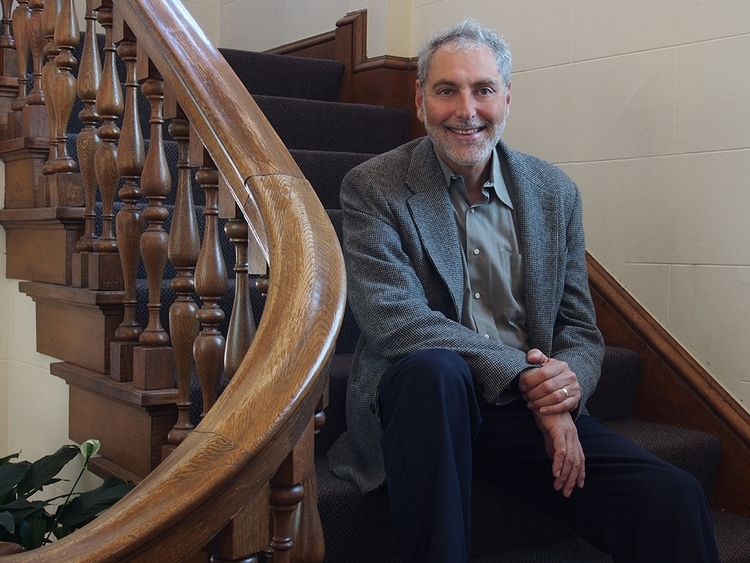My father’s father grew up in a small city in western Poland. Inspired by Theodor Herzl, he was frustrated by his yeshiva’s unwillingness to embrace Zionism and its inability to address his deepest concerns. Expelled for reading Spinoza (hidden under his Talmud tractate), he joined the Zionists and never looked back.
My mother’s father grew up on a remote farm near the Polish-Ukrainian frontier. Which side of the border depended on the year. Far from Jewish population centers, his early Jewish education relied upon a “circuit rabbi,” who made the rounds, visiting his farm once or twice a week.
Later in life, he shared some of the wisdom he’d gleaned from that circuit rabbi, so many decades earlier. It was my grandfather who introduced me to teachings of Ben Zoma from Pirke Avot: “Who is wise? One who learns from everyone. Who is mighty? One who subdues one’s urges. Who is rich? One who rejoices in one’s portion. Who is honored? One who honors one’s fellows.”
More than a century after he visited my grandfather’s farm, that circuit rabbi’s teaching endures – passed down, from his student to his student’s grandchildren.
How and why did the circuit rabbi make such an impact on my grandfather?
That rabbi forged what social scientists call a “trusting relationship.” He lovingly shared nuggets of Torah along with pieces of his soul. He inspired my grandfather to be a person whose life was informed and guided by Jewish wisdom.
Researchers have found that “trusting relationships” (between teacher and student and among teachers and other educational stakeholders) are a core factor in effective learning. As Parker Palmer has written: “…you can throw the best methods, the latest equipment, and a lot of money at people who do not trust each other and still get miserable results… [while] people who trust each other and work well together can do exceptional work…”
We live in an age of massive scalability. Our @Home holiday guides are published online and thousands of families with young children download them, here in Northern California and all over the world. Our reach is tremendous, and the benefits and blessings of technology are to be used and appreciated. And yet, if we forget the importance and value of building trusting relationships, our reach will be vast but shallow.
Thus, we pursue a “high tech/high touch” strategy. The Internet helps us connect, helps overcome distance, traffic, and much of the “friction” of post-industrial life. But woe to us if we become distracted or dazzled by the lure of its scalability and neglect the critical importance of relationships. Otherwise, our frantic efforts to increase numbers could be reduced to a “turnstile” approach to education, privileging volume over substance. But when we reflect upon our most memorable and enduring learning experiences – they tend to involve relationships and deep engagement.
Our Kesher concierges could interact with more parents of young children – once. But we (and the parents we serve) see more value in deeper, truly meaningful connections.
Similarly, in our work with educators, we are digging deeper, with coaching, mentorships, fellowships, and other relationship-based professional learning programs.
These interactions provide concrete knowledge, skills, and tools for educators to up their game. AND – we believe that professional development is most effective when it travels on the tracks of deep and trusting relationships.
This approach takes time, energy, focus and resources. Research, history and our experience has shown that it is the ONLY approach to education that is worthwhile, because it’s the only approach that works.
Learning is relational – this is among the educational principles that guide us, emerging from last year’s strategic plan. In the months to come, I will share with you some concrete examples of how we put this and other principles into practice.
Around the time that circuit rabbi visited my grandfather, the Jewish Educational Society (now Jewish LearningWorks) was founded. With your support, we continue to build on that tradition, advancing Jewish learning that enriches lives.
Thank you for taking the time to dig deeper into our work. I would love to hear from you if you have thoughts or questions about our educational approach. As always, if you are interested in connecting (or connecting more deeply) with our family learning efforts, our professional learning programs or our Jewish Community Library – please be in touch.
by David Waksberg



